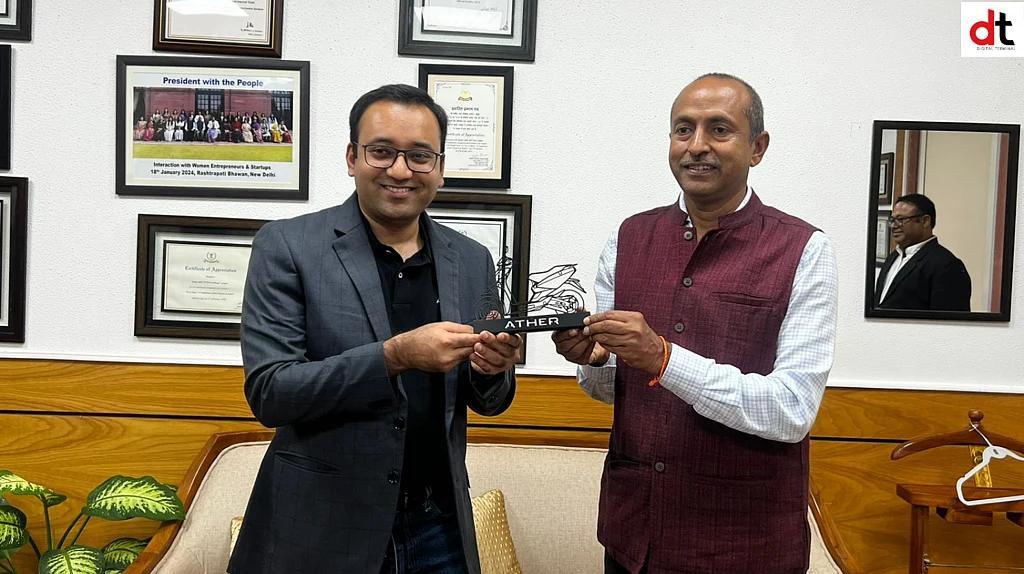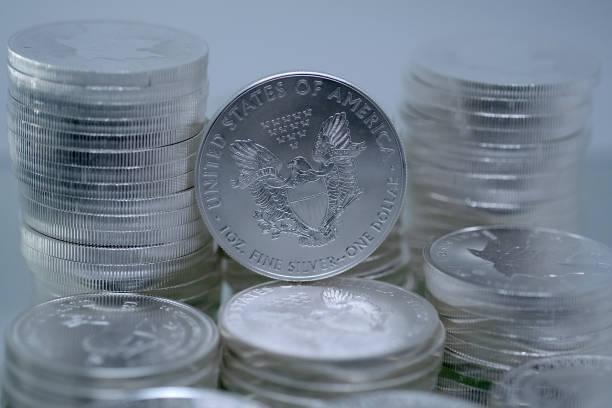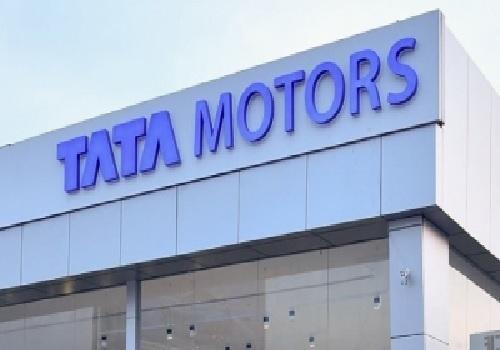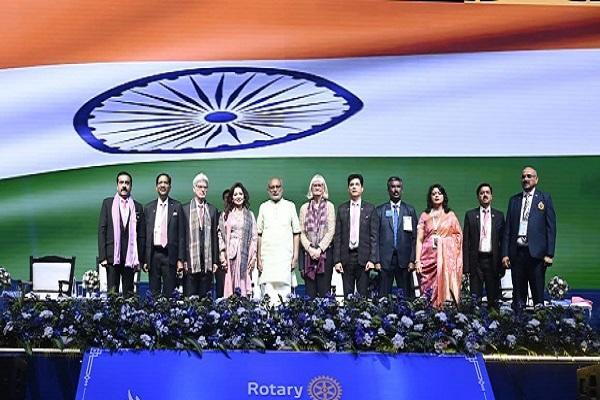
DPIIT, Ather Ink MoU to Boost EV Startups & Deep-Tech Innovation
In a significant move to promote India’s clean mobility and advanced manufacturing sectors, the Department for Promotion of Industry and Internal Trade (DPIIT), Ministry of Commerce and Industry, has signed a Memorandum of Understanding (MoU) with Ather Energy, a leading electric vehicle (EV) manufacturer. This partnership is expected to accelerate growth and innovation in the electric vehicle and sustainable manufacturing sectors in India.
The MoU is part of the Build in Bharat initiative led by the Startup Policy Forum, a coalition of over 50 innovation-driven startups. The Build in Bharat initiative aims to support startups and entrepreneurs in India by providing a conducive ecosystem for innovation and growth. The DPIIT-Ather Energy partnership is a significant step towards achieving this goal.
Under the MoU, Ather Energy will work closely with DPIIT to identify and address challenges faced by EV startups in India. The partnership will focus on providing support for EV startups in areas such as market access, regulatory compliance, and access to funding. DPIIT will also provide guidance and support to Ather Energy on policy and regulatory issues related to EVs.
The partnership is expected to have a positive impact on the EV sector in India, which is currently growing at a rapid pace. The Indian government has set a target of achieving 30% electric vehicle sales by 2030, and the DPIIT-Ather Energy partnership is expected to play a key role in achieving this goal.
Ather Energy, which is known for its innovative electric scooters, has been at the forefront of the EV revolution in India. The company has been working closely with the government to promote the adoption of EVs in India and has been recognized for its efforts in this regard.
The company’s co-founder and CEO, Tarun Mehta, expressed his excitement about the partnership, stating that it will help EV startups in India overcome the challenges they face in terms of market access, regulatory compliance, and access to funding. Mehta also emphasized the importance of government support for startups, stating that it is critical for the growth and development of the EV sector in India.
The DPIIT-Ather Energy partnership is also expected to promote deep-tech innovation in India. Deep-tech innovation refers to the development of cutting-edge technologies that have the potential to transform industries and improve lives. The partnership will focus on promoting deep-tech innovation in areas such as battery technology, charging infrastructure, and vehicle-to-grid technology.
The Indian government has been actively promoting deep-tech innovation in recent years, and the DPIIT-Ather Energy partnership is expected to be a significant step towards achieving this goal. The partnership will provide a platform for startups and entrepreneurs to collaborate with industry experts and policymakers to develop innovative solutions for the EV sector.
The Build in Bharat initiative is another key aspect of the DPIIT-Ather Energy partnership. The initiative is aimed at supporting startups and entrepreneurs in India by providing a conducive ecosystem for innovation and growth. The partnership will provide support for EV startups in areas such as market access, regulatory compliance, and access to funding.
The Build in Bharat initiative is expected to have a positive impact on the EV sector in India, which is currently growing at a rapid pace. The Indian government has set a target of achieving 30% electric vehicle sales by 2030, and the Build in Bharat initiative is expected to play a key role in achieving this goal.
In conclusion, the DPIIT-Ather Energy partnership is a significant step towards promoting the growth and development of the EV sector in India. The partnership will provide support for EV startups in areas such as market access, regulatory compliance, and access to funding, and will promote deep-tech innovation in areas such as battery technology, charging infrastructure, and vehicle-to-grid technology. The partnership is expected to have a positive impact on the EV sector in India and will help the country achieve its target of achieving 30% electric vehicle sales by 2030.






